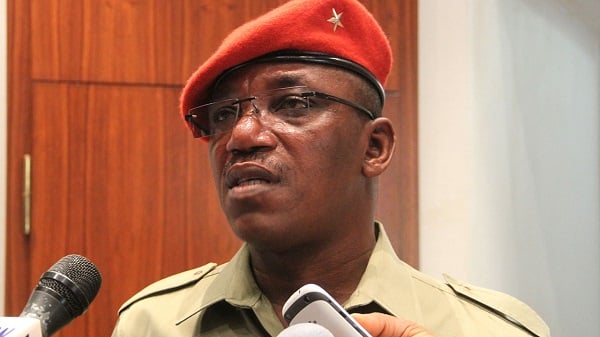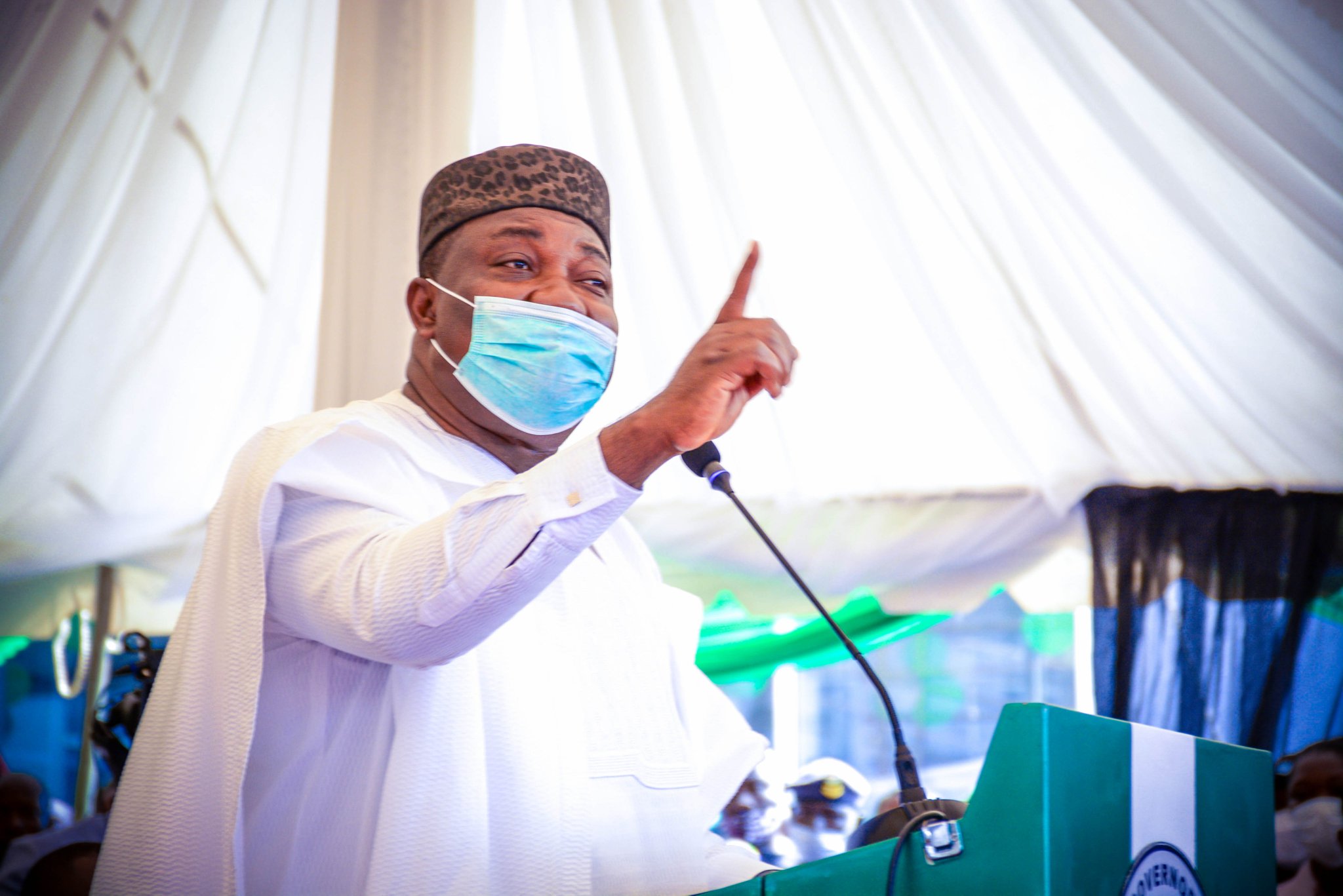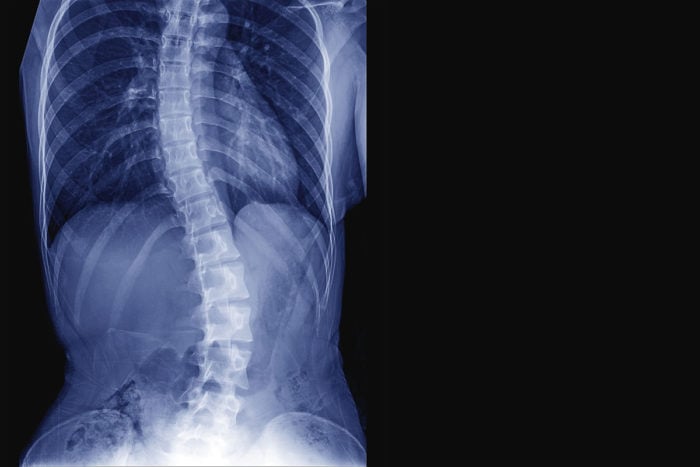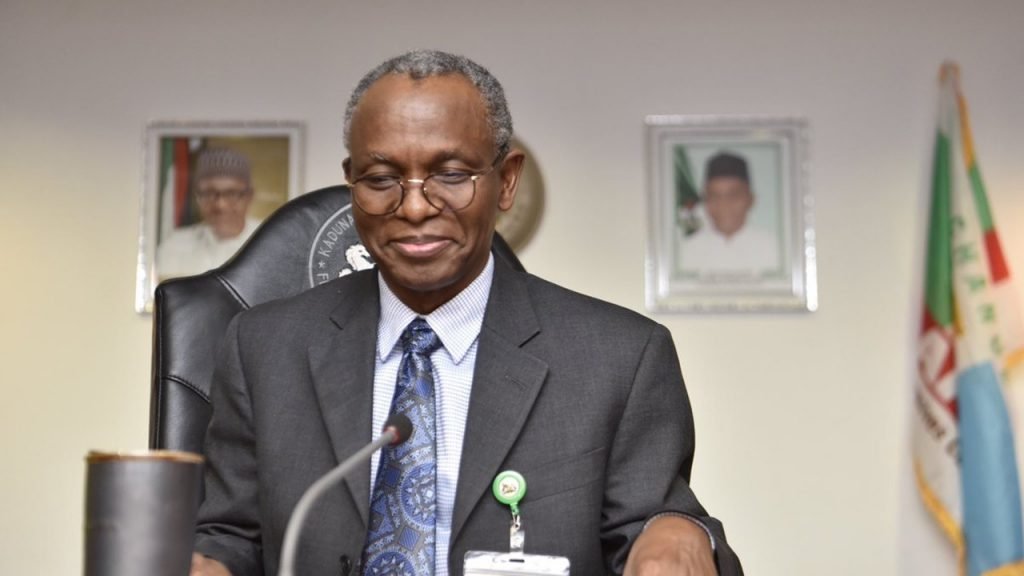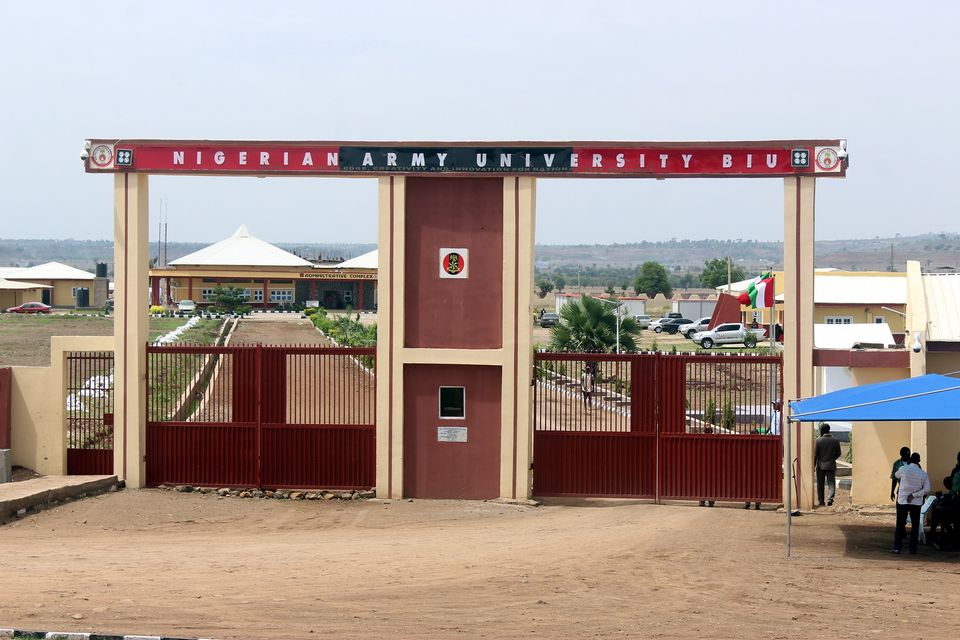BY JAAFARU M KAUGAMA
Indeed, as it is often said, there are different shades of state governors in Nigeria. But clearly in the majority are the ones who acquired the machinery of state power merely for aggrandizement. They are simply after the perks of that office and the empowerment of their families and close friends and business associates. Nothing beyond these.
However, on closer scrutiny of that category of politicians, Mohammed Badaru Abubakar, governor of Jigawa State, does not fall into the group of governors described above. Here is one governor with a sense of mission which has been demonstrated by his genuine commitment to offering inclusive governance as a way of meeting the expectations of the people. As soon as his administration took off in May 2015, Governor Badaru left no one in doubt about his mission, and his determination to leave behind footprints and lasting legacies that would be hard to match in the history of Jigawa State.
First, the administration began by focusing on slaying the dragon of extreme poverty that has constituted a deep source of concern for many people within the state and for observers of the situation from afar. In tackling this monster, the administration rightly decided that economic empowerment was the best possible option available.
Advertisement
Consequently, it launched a mixture of well-thought-out innovative, job-creating schemes ranging from industrial growth stimulation, private sector investment generation, improved farmers competitiveness and the development of human capital for sustained economic growth. These interventions, which are designed to have long and short-term effect on the lives of the people, are now being implemented with the zeal of a leadership that is serious about changing the lives of the people for the better.
In the short run, government has rolled out empowerment programmes designed to lift a critical mass of the populace, especially women, youth and other vulnerable groups out of poverty. As a way of avoiding the derailment of the empowerment programme, a standing committee that is being supervised by Governor Badaru himself has a clear mandate of engaging communities to find out what they need and their priorities and then come up with economic empowerment programmes that the people really want to have.
It is worthy of note that so successful has the empowerment programme been that in the last six years, 152,593 have benefited across agriculture, artisanship, commerce, transportation and in many other areas with tangible evidence of success stories.
For example, among many other government interventions in agriculture, unemployed youth were trained in mini harvester and thresher operations and pesticide applications. After the training, handheld harvester, planters, tractors, combined harvesters, mini threshers, sprayers and pesticides were presented to them. This has led to improved efficiency in harvesting and reduced post-harvest loss from manual threshing by over 35%. Thousands of jobs were also created along the value chain for youth that are not directly engaged in the cluster farming.
Advertisement
As part of its deep commitment to the physical, social and emotional well being of the youthful population, government initiated a set of programmes and interventions that would help the youth of Jigawa grow the way they should grow. This is in addition to its efforts at disseminating valuable and timely information on government policies and programmes to the people while also ensuring the participation of the populace in governance.
Some of these beneficial programmes include training young people across the state on HIV prevention in collaboration with Federal Ministry of Youth and Sports Development, thereby creating mass awareness on the pandemic; conducting sensitization workshops against youth participation in political thuggery and other forms of violence targeting with a view to having peaceful elections; the establishment of youth parliament to inculcate legislative norms, construction of youth corps members’ lodge in collaboration with the 27 local governments; collaboration with the National Youth Service Corps for the construction of a Model School in Kazaure, and training and empowerment of youth in collaboration with the Federal Ministry of Youth and Sports Development.
It must be emphasised that one remarkable component of Badaru-led administration’s inclusive governance, which places it head and shoulder above its contemporaries, is its unprecedented commitment to the development of young people by its demonstration of outstanding willingness to work with them. To say that Governor Badaru Abubakar, right from the very first day in office, has had his eyes trained on youth development is to belabour the obvious.
The evidence of solid footprints of a governor that loves to work with the youth litters the entire landscape of Jigawa State. What more can anyone who is passionate about finding meaning for the lives our youth and allowing them some considerable visibility in leadership positions ask for? Most key positions that were once populated by old people are now filled with young, vibrant people. From his cabinet to the National Assembly, down to the State House of Assembly, local government chairmen and political aides, young people are in the majority, running the show courtesy of a governor that is imbued with a rare leadership vision, and who understands that the future indeed belongs to the youth.
Advertisement
If everything is in doubt in the State, one thing that would certainly not be doubted is the fact that this is a governor that is grooming young leaders across all facets of life without making noise about it. Governor Abubakar may be in the old age bracket but has a 21st century mindset. Rather than being anti-intellectual, or antagonistic of the youth, he enthusiastically sources young experts in all fields and is extremely delighted to have them as advisers, assistants and strategic associates to whom we hope one day the leadership baton of our state will be handed over to.
Kaugama is a public affairs analyst. He writes from Dutse, Jigawa state
Views expressed by contributors are strictly personal and not of TheCable.
Add a comment

